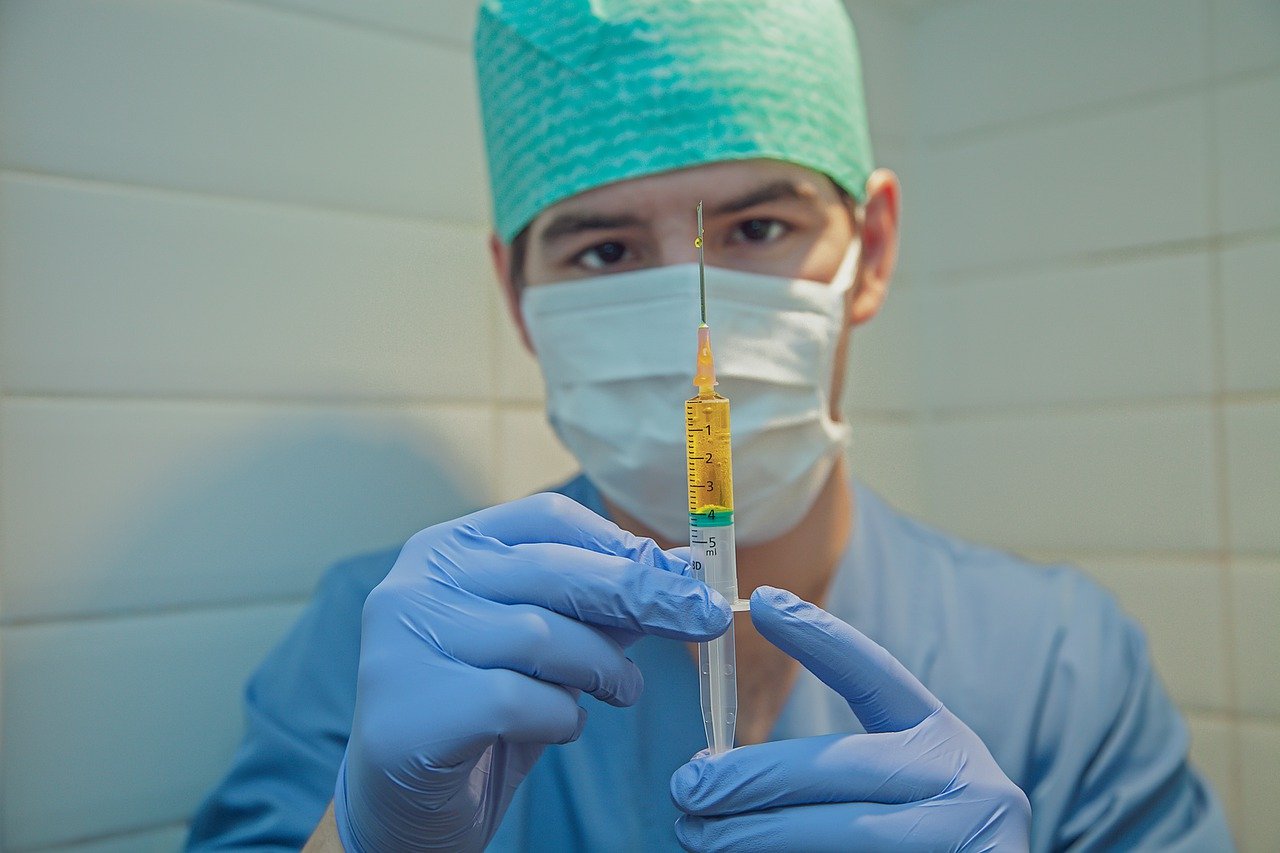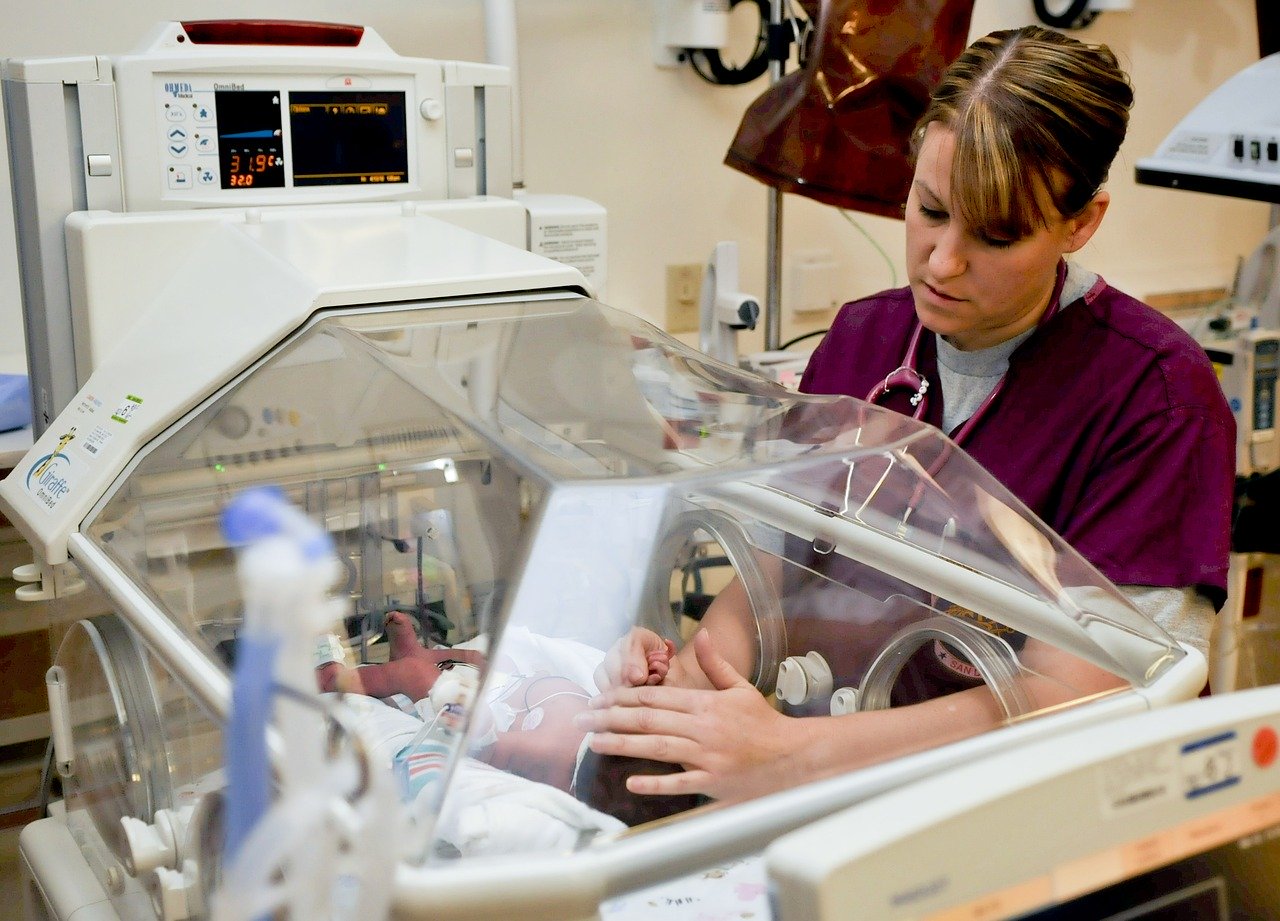There is a high demand for Licensed Practical Nurses in several industries in the global workforce.
LPNs usually work in healthcare facilities, such as doctors’ offices, hospitals, or nursing homes.
Typically, they provide routine care to patients, observe their health, as well as assist RNs and doctors, and communicating with patients and their families.
LPNs can also work outside traditional settings.
Some work for families to provide care for injured or sick family members privately.
Others are hired by businesses to provide health consultations and basic care to the customers and employees.
LPNs can also work in industries that go beyond actual healthcare services.
Often, they can be employed by the state or federal government to consult on health-related programs, issues, and initiatives in communities and cities.
Others can provide health education and basic awareness in their communities to an under-served population that isn’t exposed to healthcare concepts.
There are multiple career options available to LPNs.
Besides, LPNs can use their healthcare license and education to supplement or change their careers in different fields of medicine.
LPNs can transfer their skills and succeed in such industries as medical billing, coding, call centers, and customer service, insurance consulting and sales, or medical transcription.
Article Table of Contents
LPN Job Description
LPNs take essential roles in modern healthcare.
Their main responsibility is to provide routine care, assist doctors and registered nurses, observe the health of patients.
They also pass instructions on medication, preventative lifestyle changes, or home-based care to patients.
Nursing Home LPNs
The responsibilities of LPNs working in nursing homes include the following:
- Admitting new residents.
- Monitoring resident care and supervising other nursing staff.
- Explaining procedures and treatment protocols to residents.
- Assisting physicians during rounds of residents’ rooms.
- Performing ongoing assessments of residents’ physical and mental health.
- Assigning and delegating duties to non-licensed nursing staff.
Hospital and Private Clinic LPNs
LPNs employed in private clinics and hospitals are responsible for the following tasks:
- Administering injections of medications.
- Planning and managing patient care according to each patient’s needs.
- Verifying that patient charts are updated promptly and accurately.
- Interviewing patients and recording their medical history.
- Observing and recording patients’ conditions and reactions to medications and treatments.
- Obtaining patient vital signs and escorting patients to their rooms.
Home Health LPNs
LPNs working in private homes and residences may be responsible for tasks that differ from the duties of other LPNs.
Their duties include the following:
- Setting up exercise programs for patients.
- Monitoring patients’ overall health during every visit.
- Helping patients bathe, get dressed, go to the bathroom, and eat.
- Remaining on-call for patients who have healthcare emergencies.
- Changing bandages, wound dressings, and catheters.
- Verifying patients are taking the correct dosages of medications.
Career Outlook for LPN’s
According to the estimate of the Bureau of Labor Statistics (BLS), the employment rates for LPNs will grow by 16% through 2024.
This is a much faster growth than for other occupations in the US.
In 2014, 719,900 LPNs were employed in the US.
According to the BLS, this number will rise to 819,660 by 2024, which is 100,600 additional openings.
The aging Baby Boomer generation is one of the primary reasons for such growth.
As the population is reaching their retirement age, they require more routine health care, therefore, the demand for LPNs’ services, as well as other professionals, grows.
Besides, more people are getting diagnosed with obesity, diabetes, and other conditions related to metabolic processes.
This also drives the demand for LPNs in various medical fields.
The demand for LPNs exists not only in hospitals and doctors’ offices but also in homes, as well as in the roles of healthcare educators and consultants.
The BLS also predicts that there will be more opportunities available to newly graduated LPNs since the older LPNs are retiring from the workforce within the next decade.
Read the full guide: How to Become a Licensed Practical Nurse


